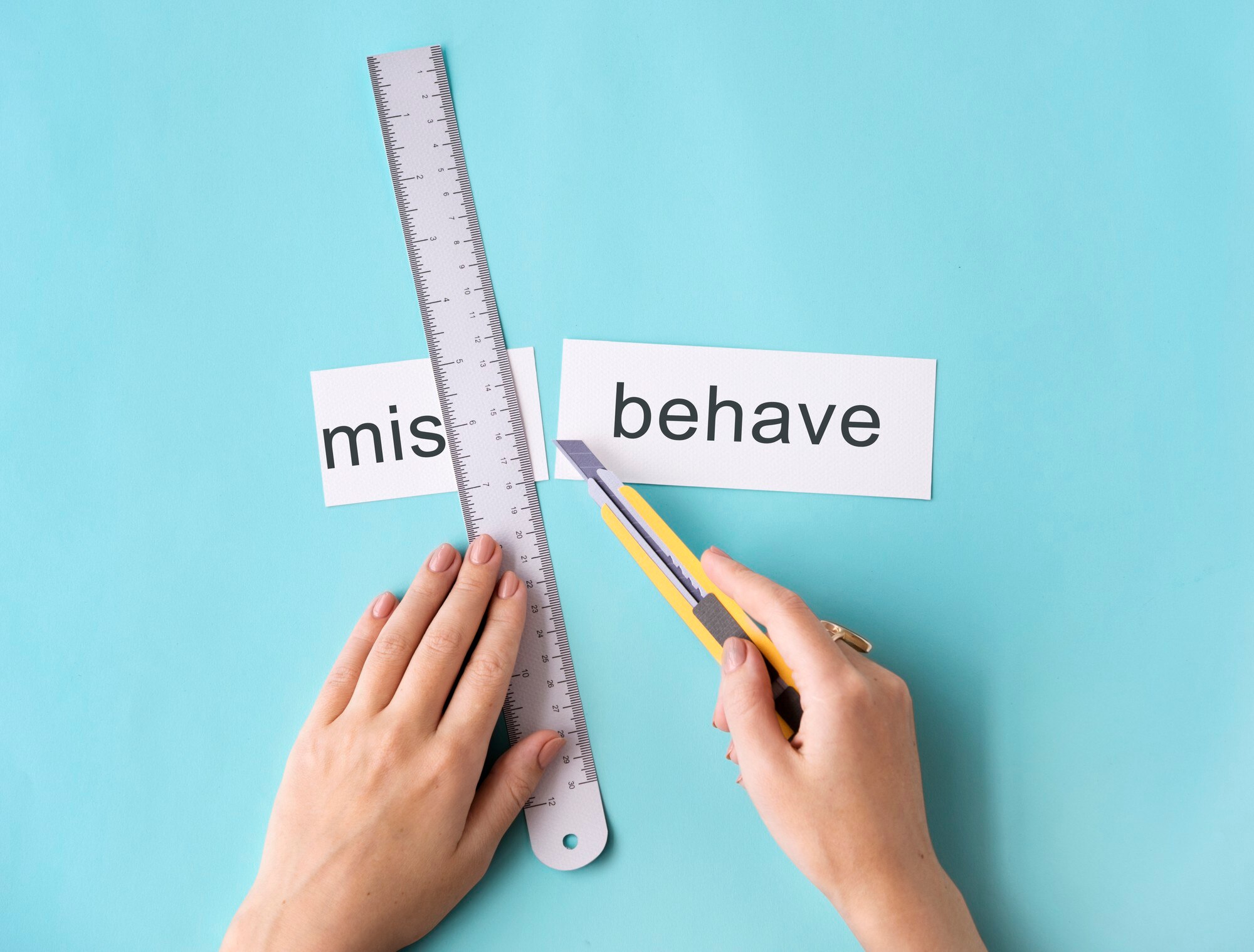
You might be surprised to learn that ‘indelible’ is one of the most overused words in content generated by ChatGPT. This descriptive term, while powerful, can make writing seem repetitive and more challenging to grasp for many readers. Understanding why certain words are frequently used—and how this impacts readability—is essential. By digging into the reasons behind the prevalence of ‘indelible’ and exploring simpler alternatives, you’ll gain valuable insights into making your writing more clear and engaging. So, let’s dive in and discover how to enhance your word choice for better communication.
Why ‘Indelible’ is Commonly Used in ChatGPT Writing
So what does ‘indelible’ mean? According to Merriam-Webster, the word ‘indelible’ signifies something that cannot be removed, washed away, or forgotten. Dictionary.com reflects this by defining it as impossible to eliminate, ignore, or change. Essentially, it’s a term that describes an impact or impression that lasts.
ChatGPT frequently uses ‘indelible’ because it is a precise word that vividly conveys the notion of a lasting impact. Imagine describing a significant event: when you say it left an “indelible mark,” you’re quickly telegraphing just how unforgettable and influential that event was. This specificity makes ‘indelible’ appealing for various forms of content, whether you’re writing about emotional experiences, physical marks, or even business impacts.
The term’s versatility contributes to its frequent usage. It can fit into numerous contexts, from the emotional to the physical and professional. For instance, business-like Indelible Solutions emphasizes its lasting impact on clients, demonstrating the broad applicability of the word. Let’s say you’re reading multiple articles or essays; encountering ‘indelible’ repeatedly can start to feel monotonous. Moreover, it may alienate readers unfamiliar with the term, as language expert Joe Moran noted in his book First You Write a Sentence.
For example, utilizing ‘indelible’ in a sentence like “The experience left an indelible memory” emphasizes the permanence of that memory. Its specificity and emotional weight make it a go-to choice for expressing lasting significance. However, understanding why ChatGPT leans on such terms helps in being more mindful of word choices to maintain reader engagement and comprehension.

Source: Freepik
Alternatives to ‘Indelible’ That Are Easier for the General Audience to Understand
Fortunately, you can easily substitute ‘indelible’ with more straightforward, universally understood words. Terms like “lasting,” “permanent,” and “enduring” effectively communicate the same idea without the complexity, making your writing more apparent and more accessible.
For instance, consider the example, “The experience left an indelible mark on her.” Replacing ‘indelible’ with “lasting,” we get: “The experience left a lasting mark on her.” Both sentences communicate that the experience had a significant and enduring impact. However, the latter uses a word that a broader audience might more readily understand.
Another excellent alternative is “permanent.” Suppose you describe a situation by saying, “He made a permanent change to his lifestyle.” This is a straightforward way to express that the change will endure indefinitely. Compare this to saying, “He made an indelible change to his lifestyle,” which might cause some readers to pause and consider the meaning of ‘indelible.’
“Enduring” is another valuable synonym. If you wish to convey the idea of a lasting influence, you might say, “She had an enduring influence on the community.” Again, this suggests that her impact is ongoing and significant without the potential ambiguity that ‘indelible’ might introduce.
Expert opinion reinforces the importance of using clear and straightforward language. William Zinsser, author of On Writing Well, emphasizes that clarity, simplicity, and brevity are essential for effective writing. He argues that every word in a sentence should have a purpose and contribute to the overall meaning. Using words that are less commonly understood can disrupt the reader’s flow and detract from the impact of your message.
Similarly, consider the advice from T.S. Eliot, who famously appreciated the straightforwardness of life’s simple pleasures as he said, “Books. Cats. Life is Good.” His concise expression captures complex sentiments without resorting to convoluted vocabulary.
Let’s look at another practical example. The phrase, “The memory was indelible,” can be replaced with “The memory was permanent” or “The memory was lasting.” Each alternative retains the essence of a memory that cannot be erased or forgotten but does so with a word more likely to resonate with a general audience.
Moreover, a recent article from Indelible Solutions on their leadership team mentions various experiences and influences. Instead of saying their impact is indelible, the article could easily state that it is lasting and meaningful, which would be more understandable to a broader audience.

Source: Freepik
Final Words
In summary, while ‘indelible’ is a precise and helpful word, its frequent use by ChatGPT can make writing feel cumbersome and less accessible. When you choose simpler alternatives like “lasting,” “permanent,” or “enduring,” you make your writing more transparent and more engaging for everyone. Remember that the goal of communication is to be understood, and sometimes, that means opting for more straightforward language. So, next time you write or speak, think about your word choices and aim to make your message as clear and accessible as possible. Your audience will thank you for it!



